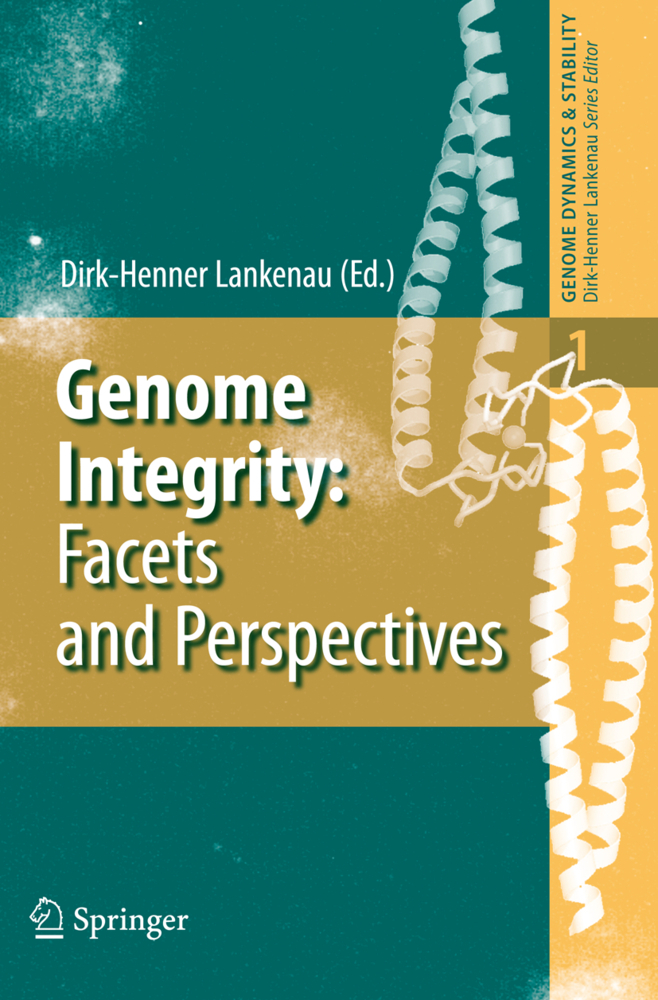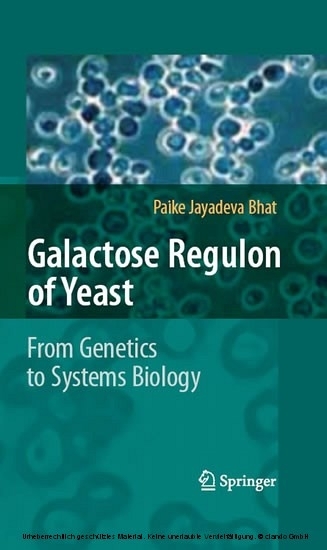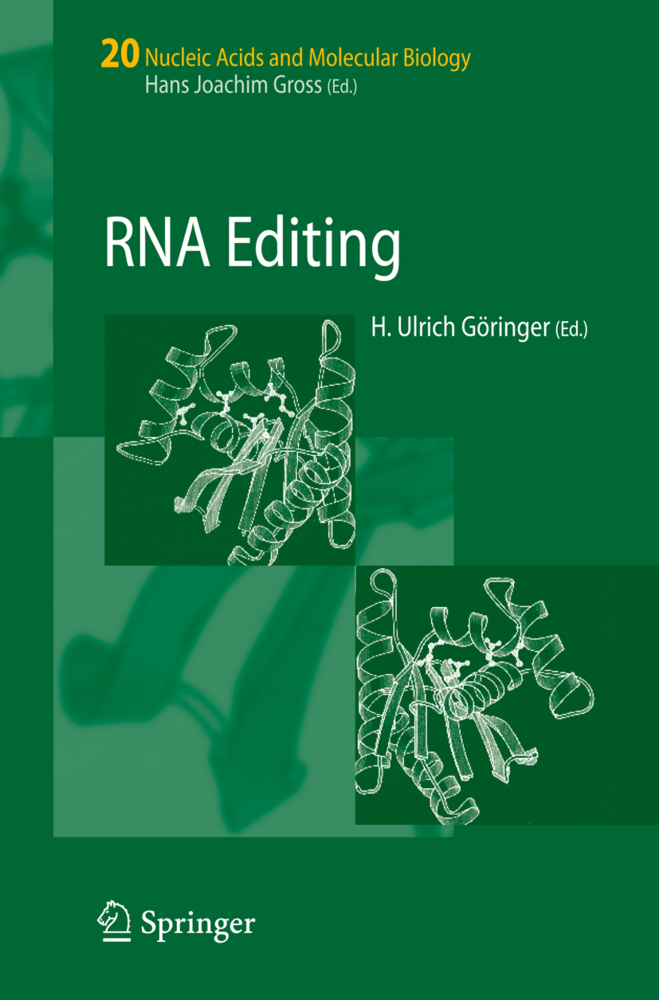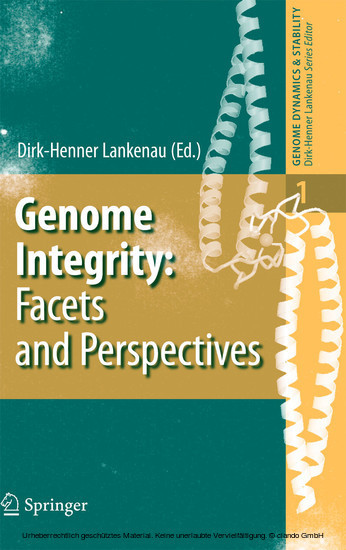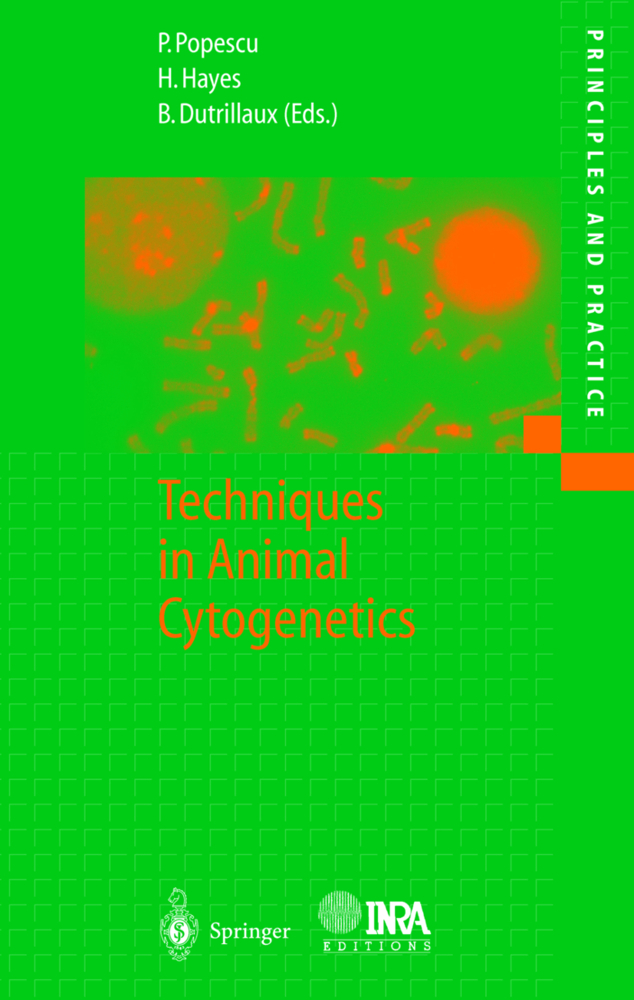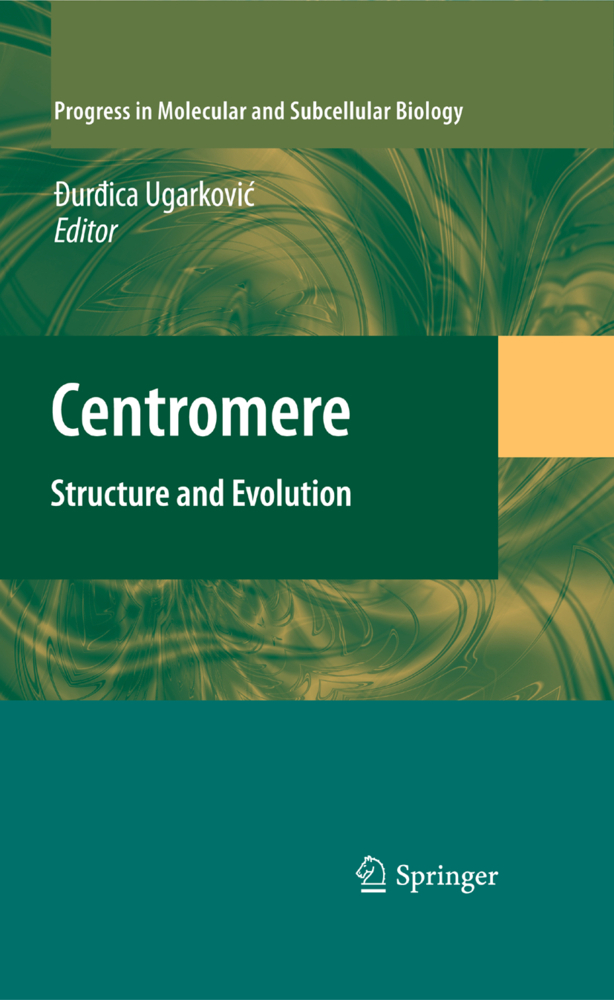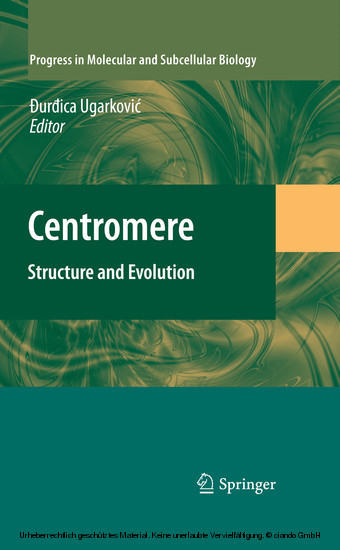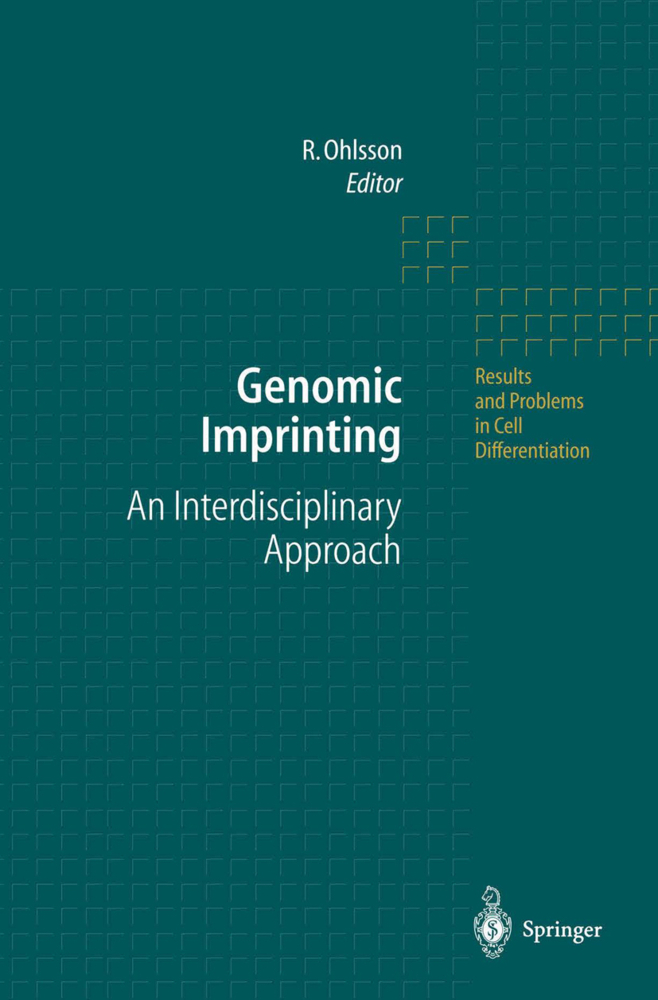Genome Integrity
Genome Integrity
Cells and viruses maintain a genome capable of multiplication, variation and heredity. A genome consists of chromosomes, each being built up of two complementary strands of nucleic acid known as DNA. Its chemical integrity, however, is under constant assault from metabolic mutagens, such as hydroxy-radicals, endonucleases, radiation, replication errors, and environmental mutagens. From microorganisms to humans, this volume provides an interdisciplinary overview of how genome integrity is maintained. The volume begins with DNA replication and continues with replicative DNA repair and pleiotropic protein interactions. Examples of human diseases are included and the cellular responses to radiation and genotoxic stress affecting whole genomes are reviewed.
Replication
Chromosomal DNA Replication: On Replicases, Replisomes, and Bidirectional Replication FactoriesProgress Towards the Anatomy of the Eukaryotic DNA Replication Fork
DNA Polymerases and Diseases
Replicative Double-Strand Break Repair
Facing Stalled Replication Forks: The Intricacies of Doing the Right Thing
Germline Double-Strand Break Repair and Gene Targeting in Drosophila: A Trajectory System throughout Evolution
Facets of Double-Strand Break Repair
Structure and Function of Rad50/SMC Protein Complexes in Chromosome Biology
Mechanisms of Non-Homologous DNA End Joining:Aspects of In Vitro Assays
Role of p53 in Double-Strand Break Repair
The Role of Chromatin Structure and Nuclear Architecture in the Cellular Response to DNA Double-Strand Breaks
DNA Repair and Pleiotropic Interactions
DNA Base Damage Recognition and Processing
Inter- and Supramolecular Interactions of Protein Kinase CK2 and their Relevance for Genome Integrity
Role of Human Topoisomerase I in DNA Repair and Apoptosis
Genomic Instability in Fanconi Anaemia and Nijmegen Breakage Syndrome
Radiation and other Genotoxic Stress
Induction of DNA Repair Genes in Mammalian Cells in Response to Genotoxic Stress
Pathways of DNA Double-Strand Break Repair in Mammalian Cells after Ionizing Radiation
Genomic Instability:Signaling Pathways Orchestrating the Responsesto Ionizing Radiation and Cisplatin
Ion Irradiation as a Tool to Reveal the Spatiotemporal Dynamics of DNA Damage Response Processes.
Lankenau, Dirk-Henner
| ISBN | 978-3-540-37528-9 |
|---|---|
| Artikelnummer | 9783540375289 |
| Medientyp | Buch |
| Copyrightjahr | 2006 |
| Verlag | Springer, Berlin |
| Umfang | XI, 496 Seiten |
| Abbildungen | XI, 496 p. With online files/update. |
| Sprache | Englisch |

